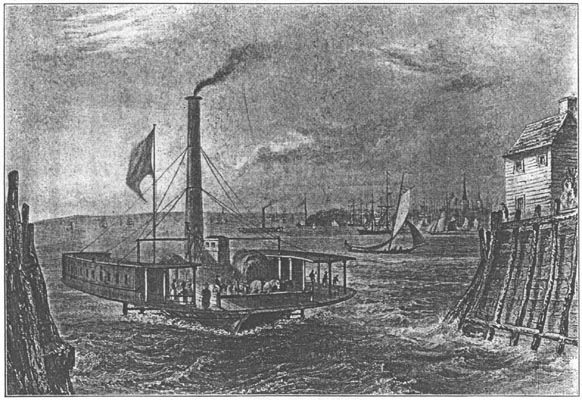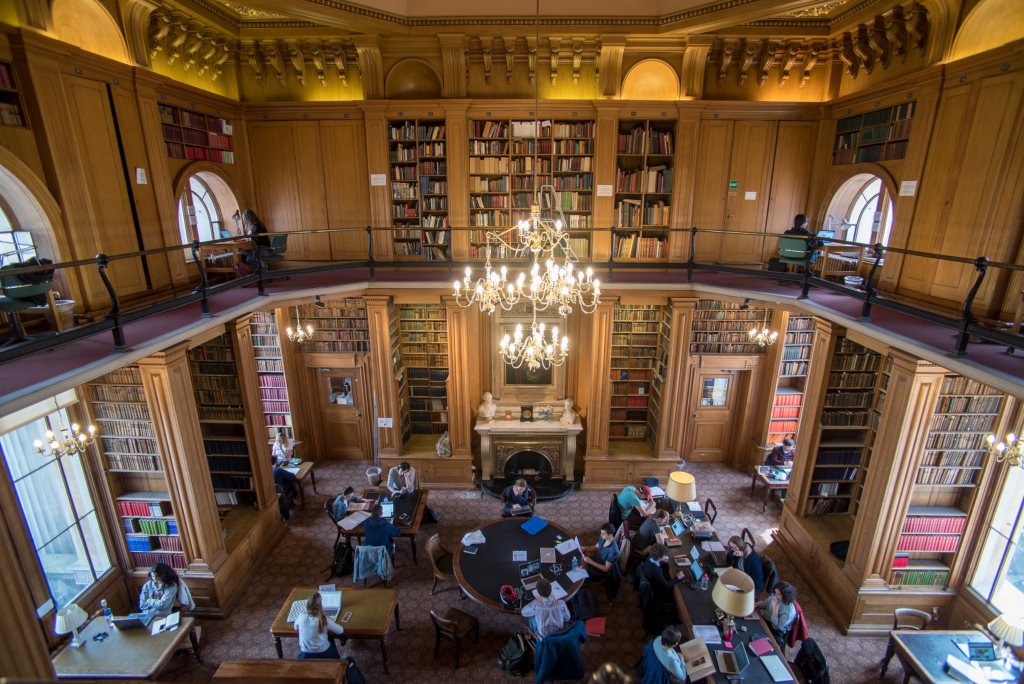In December 2022, we launched our annual Flash Fiction competitions, which closed at the end of March. The competitions were open to students in Years 7 to 13, who were tasked with writing a short story of no more than 100 words in French and/or Spanish.
We had an incredible response, with entries coming in from the UK and beyond! In total, we received over 1600 submissions across the two languages!
We would like to thank everyone who entered the competition and commend you all for your hard work and creativity in writing a piece of fiction in a different language. This is a challenging exercise, and a significant achievement – congratulations all!
We are delighted to be able to announce the winners, runners up, and highly commended entries for each language below:
French
In the Years 7-9 category, the winner is Amy Waterworth. The runners-up are Mahmoodur Rahman and Emily Osmundsen.

The judges also highly commended Amy Docherty, Halaah Anwar, Madeleine Waring, Natasha Davis, Daniel Lambin, Manasvi Dixit, Joaquin Malaga Chavez, Jude Shalaby, Natasha Galvin, and Him Yee Lui.
In the Years 10-11 category, the winner is Emily Yu. The runner ups are Amelia Williams and Sana Deshpande.
The judges also highly commended Jiali Hicks, Anna Li, Jerome Turenne-Rogers, Anisa Begum, Maryam Khan, Sara Bjelanovic, Hugo Cooper-Fogarty, Anonymous, Sophia Thomas, and Arya Dorjee.
In the Years 12-13 category, the winner is Hanan Moyeed. The runner ups are Annabel McGolpin and Darren Lee.
The judges also highly commended Sophie Shen, Niall Slack, Ishana Sonnar, Maliha Uddin, Alexandra Kozlova, Odette Mead, Hugo Scherzer-Facchini, and Daria Knurenko.
The French judging panel were very impressed with all of the submitted stories, and commented the following:
It has been an honour and a delight to judge the entries for the 2023 Flash Fiction competition. With stories of just 100 words, you have shown us the world through the eyes of raindrops, snowflakes, trees, planets, and even a smuggled leg of ham! We read about climate change, flânerie, political and historical events, exile, writer’s block, gender identity, and travelled to other times and worlds. Along the way, we met a life-saving pony, a winter-loving duck, a conscientious cannibal, and many other fascinating characters that ignited our imagination. We would like to thank all participants and congratulate you on producing such wonderfully creative, inspiring, and original texts. Félicitations !
Spanish
In the Years 7-9 category, the winner is Ava Saunders. The runner up is Lily Messer.
The judges also highly commended Carlotta Elliot, Daisy Apfel, Dhritya Sagin, Sona Patel, Saanvi Dwivedi, Pooja Vamadevan, Niamh Daniels, Anonymous, and Klara Andonegui.
In the Years 10-11 category, the winner is Ella Needham. The runner up is Shoshi Ellituv. The judges also highly commended Amelie Huntley, Carlotta Gray, Dingding Zhou, Ella So, Ryan Cheung, Rhea Sandher, Prithika Anbezhil, Mustafa Ayub, Mia White, and Khanh Linh Nguyen.

In the Years 12-13 category, the winner is Freya Nott. The runner up is Laria Campbell.
The judges also highly commended Anonymous, Romilly de Silva, Meghan Henderson, Anonymous, Lara Horsely, Charlie Crookes, Edith Scott, Jack Hussey, Josiane Kammani, and Eva Murphy.
Our Spanish judging panel have also been extremely impressed with this year’s entries, and commented the following:
We thoroughly enjoyed reading a diverse selection of short stories for this year’s Spanish Flash Fiction competition, and we want to thank all the participants who took the time to submit their entries. The remarkable level of creativity and storytelling ability demonstrated was truly impressive, making the task of selecting just twelve winning entries exceptionally challenging. The winning entries stood out to us for their fresh and inventive approaches, thought-provoking reflections, engaging writing styles, and their ability to explore different and often unusual perspectives.
Huge congratulations everyone – you should be very proud of your achievement!




